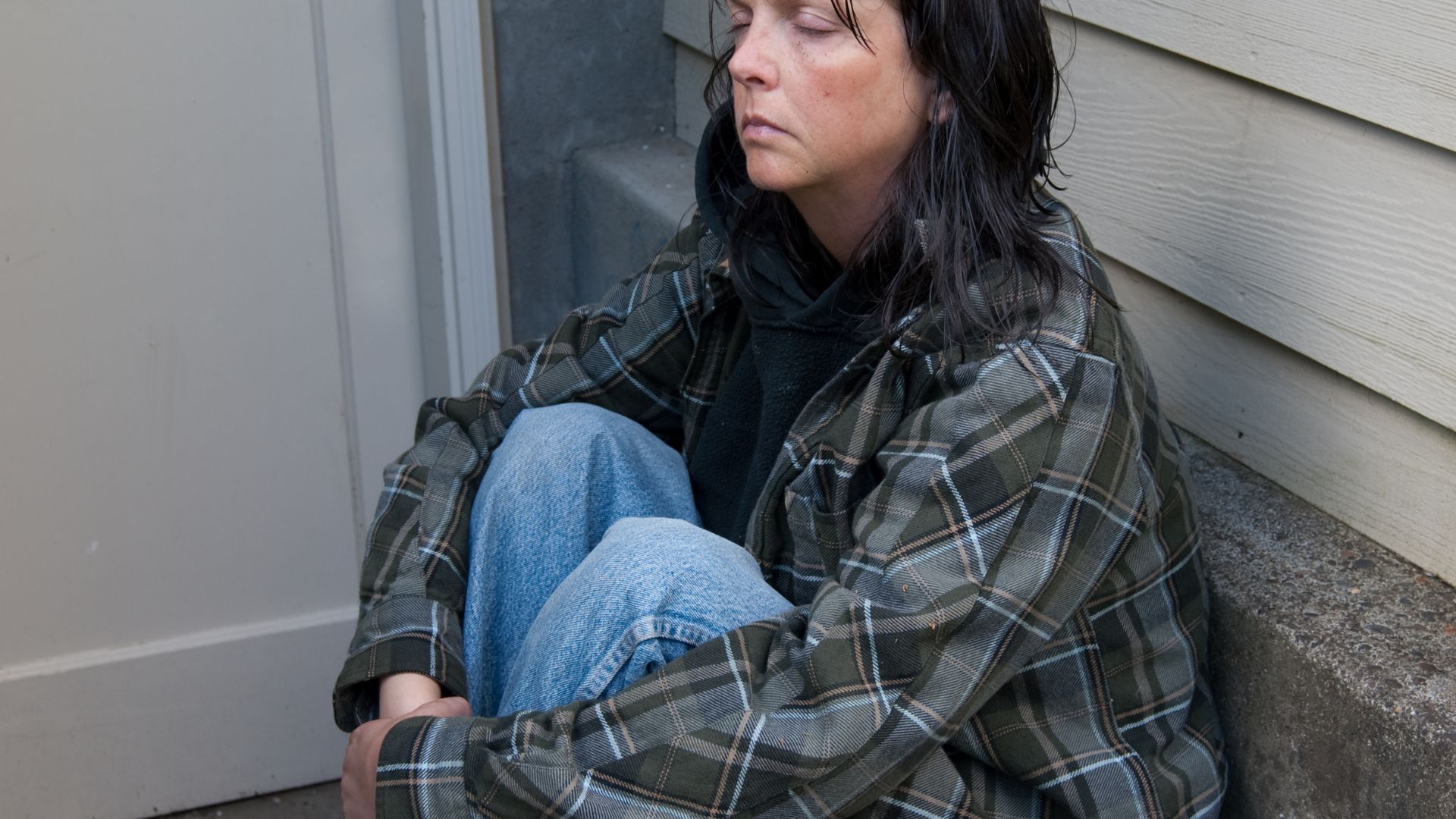According to a report published by Santé Publique France, perinatal deaths have increased by 25% in 10 years. Every year in France about 7,000 babies die in utero or during childbirth and 1,700 during the first month of life. These worrying figures reveal a global problem: the precariousness of many women in France and the impact of this precariousness on their health and that of their children.
Randomization and its impact on the health of pregnant women
Women’s health has been deteriorating for ten years. More and more pregnancies are in extremely precarious situations, with all the risks that this entails.
While France promises, in theory, access to assistance for all, in practice it is very difficult to get a follow-up when living on the street and / or in an irregular situation. These women often do not have regular support to allow them to detect and treat potential medical conditions during pregnancy.
Tobacco or alcohol also play an important role in perinatal health problems. Although the consumption of dangerous products does not exclusively affect women in precarious situations, they do not benefit from the access to information or the assistance necessary to limit their risky practices.
Inequality according to the territories
All territories are not hosted in the same boat and have their own specificities. Some are relatively spared from this increase in deaths, while others are hard hit, particularly due to the living conditions of the women who live there.
DROMs, such as Guyana or Reunion, have seen their perinatal mortality rate quadruple. 11% of births are financed by the AME (Aide Médicale d’Etat, which finances assistance to people in an irregular situation) and one in five women live below the poverty line.
The metropolis is no exception, in Île-de-France the number of homeless women has quadrupled in the last 10 years, leading to an increase in street pregnancies.
High-risk pregnancy, a real but relative risk factor
Women get pregnant later and later. In 2019 the average age to become a mother was 30, compared to 26 in 1970. Age increases the risk of illness and mortality in both mother and child. Gestational diabetes, preeclampsia, prematurity and whatnot, the list is long and the statistics concise.
Don’t panic, these are just statistics. This in no way means that a woman should absolutely conceive before her 35th birthday. The vast majority of pregnancies carried out beyond will proceed normally. It is simply necessary to be aware that the risks increase with age and to offer women adequate support that meets the specificities of these pregnancies.
This increase in perinatal mortality warns us about a global problem: the precariousness and lack of access to information of a large number of women. It also informs us about the increase in so-called “late” pregnancies and the need to provide adequate follow-up to limit the risks.
Photo credit image of one: Carolehacker
Source: Madmoizelle
Ashley Root is an author and celebrity journalist who writes for The Fashion Vibes. With a keen eye for all things celebrity, Ashley is always up-to-date on the latest gossip and trends in the world of entertainment.





